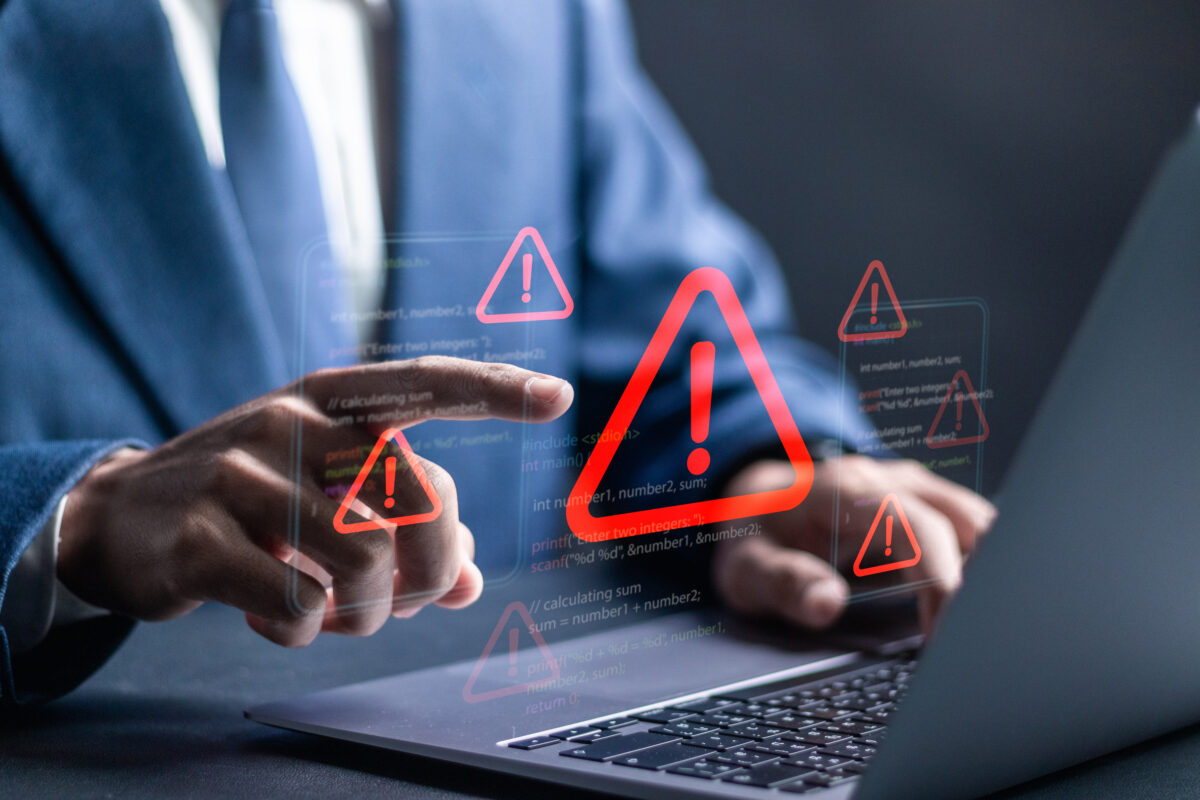
In times of disruption and uncertainty, how do we review the capability to manage a pandemic and what synergies are there between pandemic response and regular crisis management? We spoke to Ben White, Senior Consultant at 4C Strategies, about the current situation and the importance of both crisis management and business continuity in times of disruption.
Ben, would you mind telling us a bit more about yourself?
I previously worked in the London Resilience team and the London Fire Brigade before that, working across a whole range of resilience capabilities including pandemic planning. I later had more and more responsibility for pan London training and exercising. For the last 4 years I have been working as a senior consultant at 4C strategies with responsibilities for all our projects and programmes delivered to the UK enterprise sector in the fields of Risk Management, Crisis Management and Business Continuity Management. I have a broad academic background combined with specialisation within crisis management and I hold an MSc in Risk and Crisis Management.
What are your views on the connection between ´normal´ crisis management and pandemic response?
The difference with pandemic response is it is ongoing and often does not have a clear end in sight. What is also interesting with the onset of this pandemic is it appeared to catch people out. I think many organisations did not appreciate the seriousness and the speed of onset. We have had the perfect storm in that it is traditionally what is referred to as a rising tide event and yet in a lot of cases it has felt like a sudden impact event. Take the latest series of strict new measures in the UK for example; Organisations have just started to understand what the crisis means for them and how they can operate and then just like that it is all changed and new restrictions are in place. Therefore, organisations need to constantly evolve their response to meet the ongoing dynamic situation.
The other risk with this type of response is that two or three weeks ago, organisations stood up their crisis management arrangements, as they had planned, trained and rehearsed to do. Those arrangements are normally based on exercises and real-life events as organisations build crisis management capability to respond, normally, to reasonably foreseeable events. Well COVID-19, as we all know is unprecedented. Therefore, how do we know that the arrangements we have in place are the right ones, that our response is as effective as it can be, that our response is fit for purpose for the situation we have today, and likely to have for many more weeks?
So, in summary, the pandemic response is quite different in so many ways, I could go on here but for me the key is that the response is protracted and yet the situation is ever changing. How do we know we have the right arrangements in place for a given organisation and are we identifying and learning lessons as we go through the response in order to improve and deliver the best response we can for the organisation?
Where does 4C Strategies fit in that process that you are describing?
In general, since the company was founded 20 years ago, we have been working to strengthen the crisis management capability of organisations at all levels. Apart from our military foundation, we can see examples of this in all the different exercises and capability assessments we are doing for the financial and enterprise sector in the UK and in the Nordics. We have been part of the development of maturity models, capability assessments and software solutions for managing the events as well as overall business continuity process, which of course connects to this situation as well. A basic crisis management capability and resilience at all organisational levels is necessary to deal with threats such as epidemics and pandemics.
More specifically, we have developed a bespoke methodology for conducting reviews and crisis management response analysis for organisations. Our methodology is well developed to ensure minimum disruption to the ongoing response and is of course conducted remotely. The reviews are conducted against the 4C fundamentals of crisis management which are unique to 4C and provide an extremely robust question set looking at areas such as situational awareness and decision making through to managing continuity and preparing for transition to recovery. We not only identify gaps in response but our reviews go one step further in identifying lessons and making recommendations including the required action.
Finally, all this work is delivered through our software, Exonaut to not only ensure quick and efficient collating and processing of information, but to also provide interactive dashboards so organisations can work with the output of the review in a dynamic way.
What value can 4C Strategies add in this context?
4C Strategies have many years of experience with supporting and developing organisations in pandemic preparedness and, for example, we recently practiced a management group for one of the world’s largest banks in this scenario. 4C Strategies is able to provide a third-party view of an organisations’ response, which can provide a greater level of assurance to the board or the organisations customers and stakeholders. As 4C works with some of the largest organisations in the world, our consultants have built up a wealth of knowledge and are quickly able to benchmark organisations against each other and share best practice from one to the next where appropriate.
Now that in the UK is effectively in lock down, how do you think organisations will look back at their response from now?
Organisations should routinely be identifying lessons as they make their way through this response. However, this is not always easy and so as the constantly changing situation evolves, crisis management teams often bounce from one problem to the next or one change in direction or situation from the next. I hope that many organisations will now start to build and develop capability as they continue through the response but of course this will only be possible if organisations continue to review and identify lessons and best practice and then act on those lessons to improve their response. Only those organisations that do this will look back at their response and be able to come out the other side stronger than they were before.
Read more about our support on organisational response to COVID-19 below.
Organisational response to the coronavirus outbreak
Many of our customers are currently working intensively to identify and manage actual and potential consequences of the spread of COVID-19 in our society. With the intention of helping to facilitate these efforts, we have chosen to share how we handle the situation ourselves on a strategic level within 4C Group. It may provide support or ideas for structure, processes or even specific directions or actions.
Read more →
Case studies
Priority planning in an energy crisis with a National Energy Authority
Discover how 4C is supporting Styrel to map, prioritise and protect electricity-dependent critical societal functions.
READ MORE
Creating a standardised BCM methodology with Uniper
Read how 4C created and implemented an ISO22301 standardised Business Continuity Management methodology with energy provider Uniper
READ MORE
Preparing a global manufacturer for ISO accreditation
Discover how 4C Strategies helped a global manufacturing company to prepare for ISO accreditation.
READ MORE











